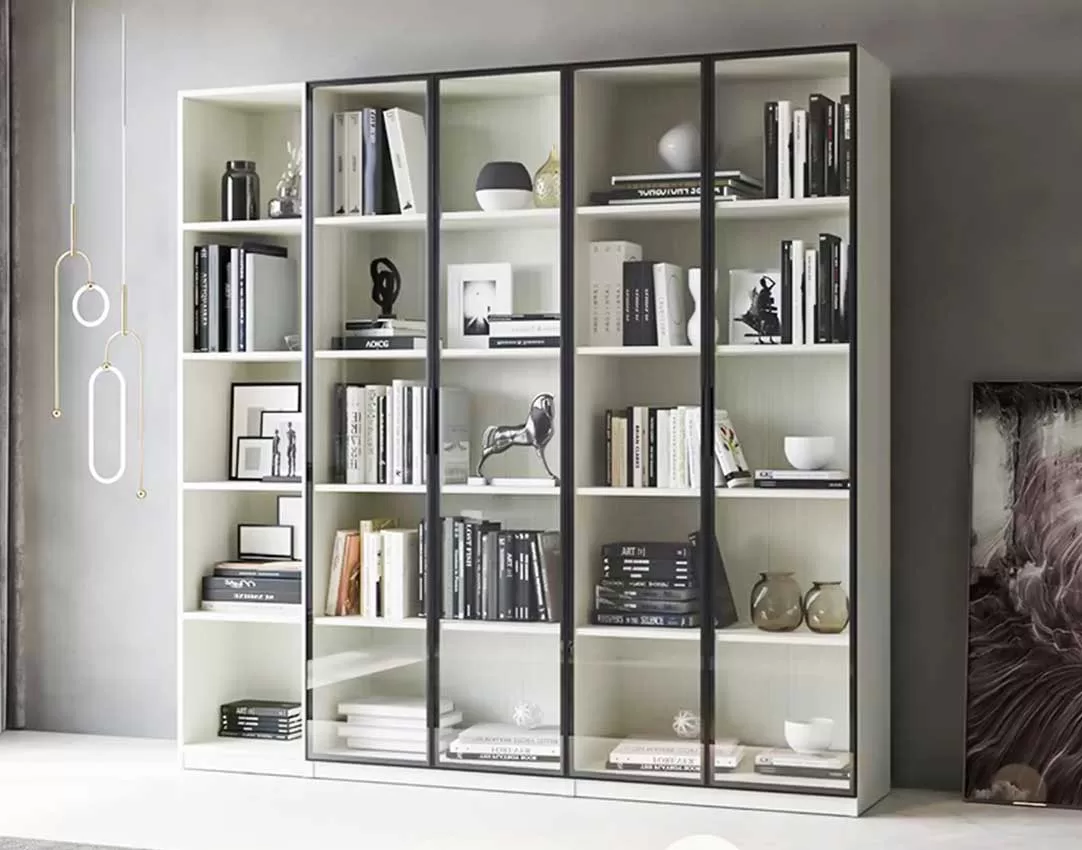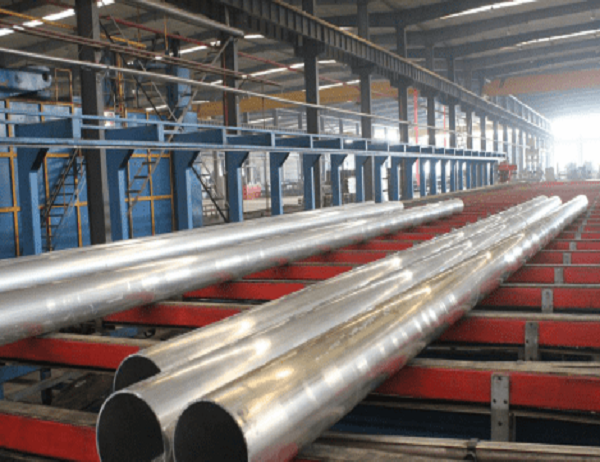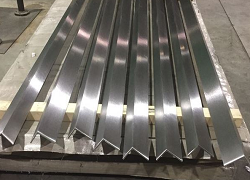Innovations in Solar Aluminum Frame Design: Advancing Solar Energy Efficiency and Reliability
Introduction
Solar energy is an increasingly vital source of clean, renewable energy worldwide. To maximize the efficiency and reliability of solar panels, innovations in solar aluminum frame design are essential. Aluminum frames play a critical role in supporting and protecting the solar panels while ensuring optimal performance. This article explores the latest advancements in solar aluminum frame design, showcasing how these innovations are revolutionizing the solar industry.
Enhanced Structural Stability
Lightweight and Durable Aluminum Alloys
Advanced solar aluminum frames utilize high-strength, lightweight aluminum alloys that provide superior structural support. These alloys combine strength with corrosion resistance, making them ideal for harsh outdoor environments. The use of lightweight alloys reduces frame weight, minimizing load on building structures and enabling larger solar arrays.
Optimized Design for Wind and Snow Loads
Frames are engineered to withstand extreme weather conditions. Advanced designs optimize frame shape and cross-section to resist high wind loads. They also incorporate features to shed snow and prevent accumulation, ensuring panel performance in all seasons.
Improved Thermal Management
Heat Dissipation for Optimal Panel Efficiency
Solar panels generate heat during operation. Excessive heat can degrade panel performance and shorten lifespan. Innovative frame designs incorporate thermal dissipation features to manage heat buildup effectively. Extended fins, air pockets, and specialized coatings enhance heat transfer, keeping panels cooler and extending their longevity.
Low-Emissivity Coatings to Reduce Heat Absorption
Low-emissivity (low-E) coatings are applied to the frame surface to minimize heat absorption. By reflecting infrared radiation, these coatings reduce heat buildup and improve panel efficiency, especially in warm climates.
Corrosion Resistance and Longevity
Advanced Anodizing for Maximum Protection
Aluminum frames are anodized to create a protective oxide layer. Advanced anodizing techniques enhance the oxide layer’s thickness and durability, providing superior corrosion resistance. This ensures frames withstand harsh weather, especially in coastal or industrial environments.
High-Quality Hardware and Fasteners
All fastening hardware and components in the frame are constructed of high-quality materials. Corrosion-resistant screws, bolts, and gaskets prevent rust and ensure long-lasting connections, minimizing maintenance and ensuring frame integrity.
Aesthetic Appeal and Customization
Sleek and Modern Designs
Solar frames are no longer bulky or industrial-looking. Advanced designs prioritize aesthetics, offering sleek and modern profiles that complement architectural styles. Manufacturers offer a variety of colors and finishes to blend seamlessly with building exteriors.
Customized Solutions for Diverse Applications
Recognizing the different needs of various installations, manufacturers offer customized frame solutions. These customizations include custom dimensions, mounts, and accessories to meet specific project requirements and optimize solar panel performance.
Conclusion
Innovations in solar aluminum frame design are driving significant advancements in the solar industry. Enhanced structural stability ensures long-lasting performance under challenging conditions. Improved thermal management maximizes panel efficiency and longevity. Corrosion-resistant materials and advanced anodizing techniques ensure durability in harsh environments. Moreover, sleek designs and customization options enhance aesthetics and meet diverse application needs. By embracing these innovations, solar energy systems are becoming more efficient, reliable, and aesthetically pleasing, contributing to the transition to a clean energy future.



